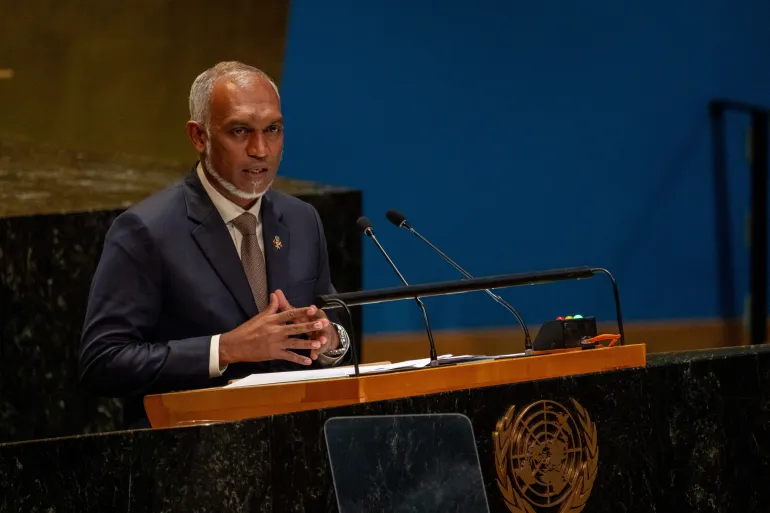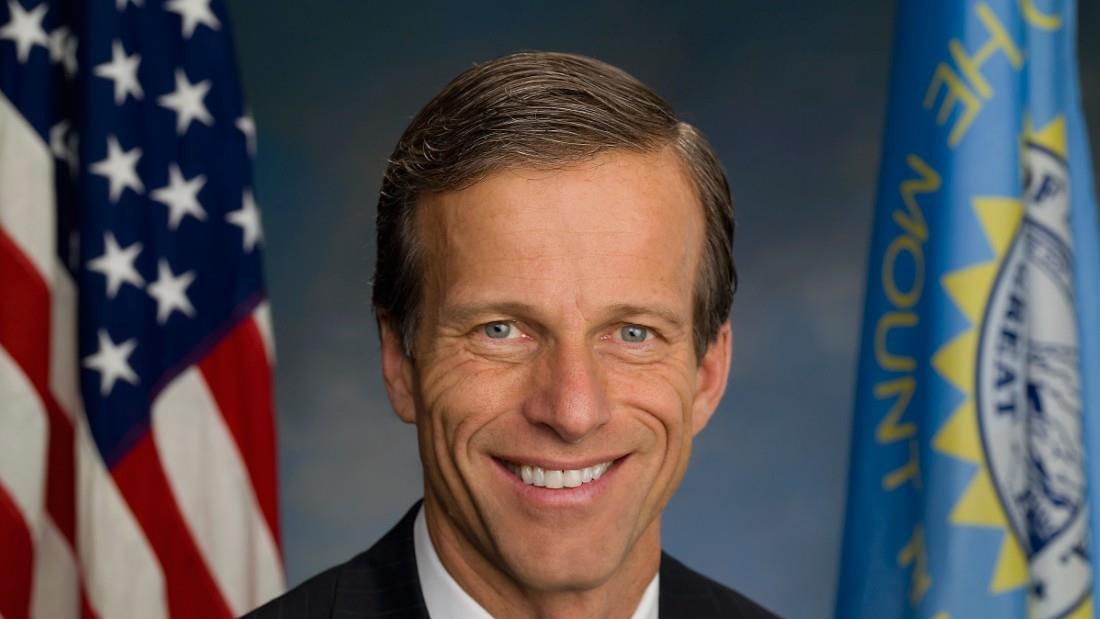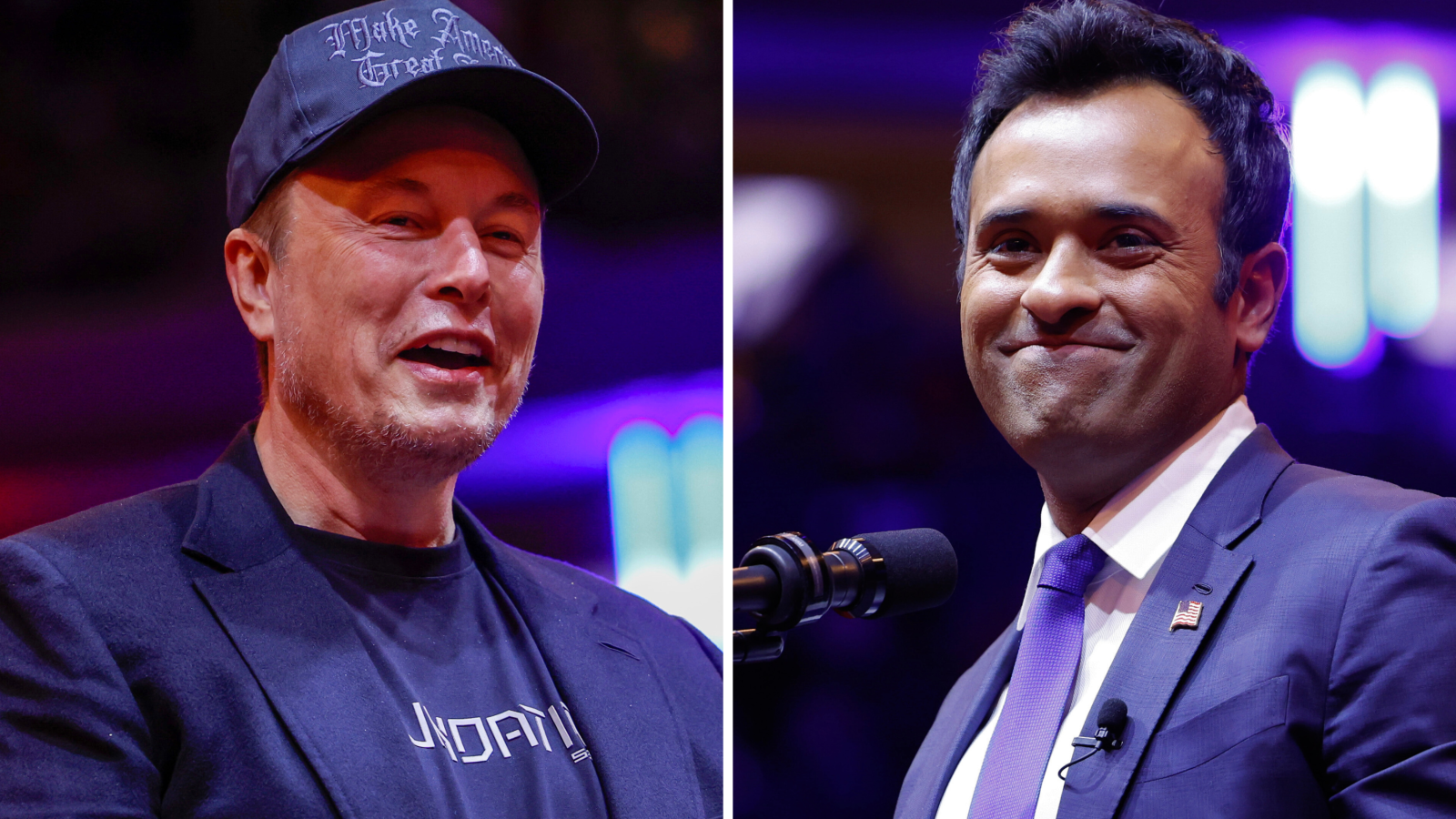
In the early hours of September 28, 2024, Israel launched a series of intensified airstrikes on Hezbollah-controlled areas in southern Beirut, Lebanon. The Israeli Defense Forces (IDF) stated that these attacks aimed to dismantle Hezbollah’s strategic command infrastructure, reportedly embedded beneath residential buildings in the densely populated suburb of Dahieh. This latest assault comes amid heightened tensions that have left Lebanon reeling, with civilian casualties mounting and widespread destruction causing deep concern for international observers.
The Attack and Its Aftermath
According to reports, the airstrikes flattened several apartment blocks, killing at least six people and wounding over 90 others. Israeli officials claim the target was a meeting of Hezbollah’s top leadership, including Hassan Nasrallah, the group’s long-time leader. However, Hezbollah has yet to confirm the death of Nasrallah, who has been a key figure in Lebanon’s political and military landscape for over three decades.
The Lebanese government swiftly condemned the attacks, with Prime Minister Najib Mikati accusing Israel of showing blatant disregard for international calls for restraint. He called the strikes a “grave violation of Lebanon’s sovereignty” and warned of the severe humanitarian crisis unfolding in the country(
Hezbollah’s Retaliation and Israel’s Response
In retaliation, Hezbollah launched a barrage of projectiles into northern and central Israel, escalating fears of a broader conflict. The Israeli military responded by calling up additional reservists to strengthen defenses in northern Israel and prepare for a possible ground invasion into Lebanon.
Israeli Prime Minister Benjamin Netanyahu, fresh from his address at the United Nations General Assembly, reiterated that the military operations against Hezbollah and Hamas would continue until both groups were neutralized. He framed the offensive as a critical part of Israel’s broader strategy to eliminate threats from Iran-aligned forces in the region(
Wider Regional Implications
The intensification of hostilities between Israel and Hezbollah is raising alarm across the Middle East. Iran, a staunch supporter of Hezbollah, has condemned Israel’s actions, calling them a “serious escalation” and promising retaliation. This could potentially draw Iran directly into the conflict, further complicating an already volatile geopolitical landscape.
In the midst of these developments, diplomatic efforts led by the United States and France to broker a ceasefire have stalled. Many analysts suggest that Israel’s continued military operations undermine any possibility of a negotiated peace in the short term(
Impact on Civilians
As air raids continue to rock Beirut, the humanitarian toll is becoming increasingly dire. Thousands of Lebanese families have fled their homes, seeking refuge from the relentless bombardment. The destruction of residential buildings and critical infrastructure, including hospitals and schools, is exacerbating Lebanon’s already fragile situation. Many fear the country, still recovering from a devastating economic collapse, could be plunged into a deeper crisis as the conflict drags on(
International Reactions
The international community has expressed growing concern over the escalation. The United Nations has called for immediate de-escalation, warning that the conflict could spiral out of control and lead to wider regional instability. In Washington, President Joe Biden has directed the Pentagon to reassess U.S. military presence in the Middle East, suggesting that American forces may be repositioned to counter any further escalation(
Looking Ahead: The Path to Peace or War?
With no immediate signs of de-escalation, the coming days are critical. Many experts fear that continued Israeli airstrikes and Hezbollah’s retaliatory actions could spark a broader conflict involving multiple regional players. Iran’s involvement would shift the dynamics of the conflict significantly, potentially leading to a full-scale war in the Middle East.
Despite these fears, there is still hope that diplomatic efforts may succeed. Some analysts point to potential mediation by France and the U.S., which have historically played key roles in negotiating ceasefires in the region. However, as both sides dig in their heels, the prospect of peace appears elusive(









Leave a Reply